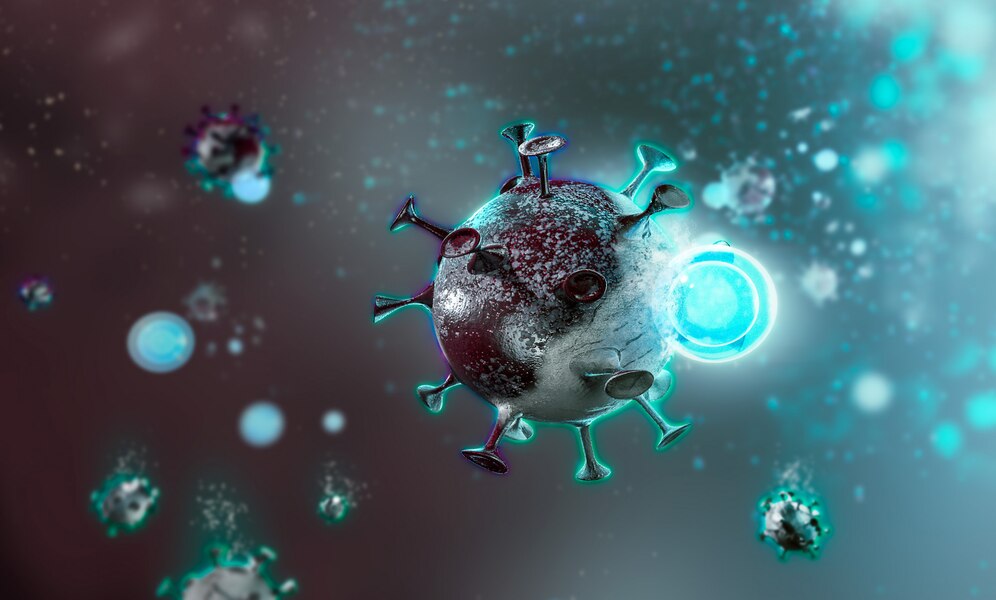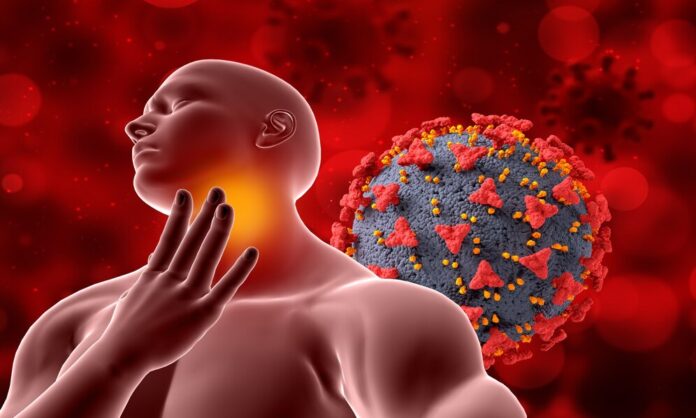Cholesterol is a waxy substance found in the blood and cells of the human body, essential for numerous bodily functions. However, excessive cholesterol levels can lead to severe health consequences, including heart disease and stroke. Antihyperlipidemic are medications designed to manage cholesterol levels effectively, reducing the risk of associated health issues.
Understanding Cholesterol
Before exploring antihyperlipidemics, it’s crucial to comprehend the different types of cholesterol and their roles. Low-Density Lipoprotein (LDL) is considered “unhealthy” cholesterol, while High-Density Lipoprotein (HDL) is dubbed “good” cholesterol.
Types of Antihyperlipidemic Agents
Several classes of antihyperlipidemics are available, each targeting different aspects of cholesterol management. Statins, cholesterol absorption inhibitors, bile acid sequestrants, fibrates, and PCSK9 inhibitors are among the most common.

Importance of Antihyperlipidemic
Antihyperlipidemic drugs offer several benefits, including lowering LDL cholesterol, improving HDL cholesterol, reducing triglyceride levels, and preventing cardiovascular events. They are often prescribed alongside lifestyle modifications for optimal cholesterol management.
Lifestyle Considerations
In addition to medication, lifestyle factors play a crucial role in cholesterol management. A heart-healthy diet, regular exercise, weight management, and smoking cessation can all contribute to better cardiovascular health.
Conclusion
Antihyperlipidemic drugs are indispensable in managing cholesterol levels and preventing cardiovascular diseases. Individuals can take proactive steps towards optimal cardiovascular health by working closely with healthcare professionals and adopting a healthy lifestyle.
FAQs
Are antihyperlipidemic medications safe to use?
Antihyperlipidemic drugs are generally safe when used as prescribed by healthcare professionals. However, like all medications, they may have potential side effects. It’s essential to discuss any concerns with your doctor.
Can I stop taking antihyperlipidemics once my cholesterol levels are normal?
It’s not advisable to stop taking antihyperlipidemics without consulting your doctor, even if your cholesterol levels have improved. These medications are often prescribed long-term to maintain optimal cholesterol levels and prevent cardiovascular events.
How long does it take for antihyperlipidemics to lower cholesterol levels?
The time it takes for antihyperlipidemic to lower cholesterol levels can vary depending on the type of medication and individual factors. In some cases, noticeable changes may occur within weeks, while for others, it may take several months.
What lifestyle changes can I make to complement antihyperlipidemic treatment?
Adopting a heart-healthy diet, exercising regularly, maintaining a healthy weight, and quitting smoking are essential lifestyle changes that complement antihyperlipidemic treatment and improve cardiovascular health.
Can antihyperlipidemics interact with other medications?
Yes, antihyperlipidemic drugs may interact with other medications, including some antibiotics, antifungals, and heart medications. To avoid potential interactions, you must inform your doctor about your medications.




